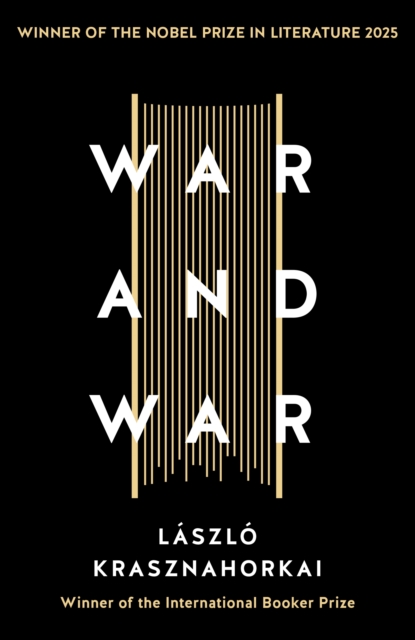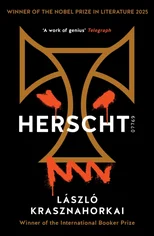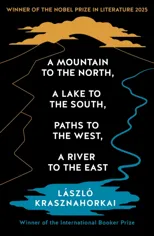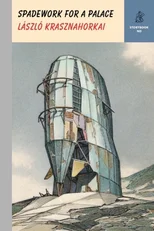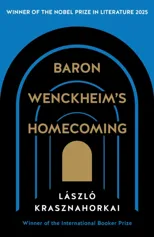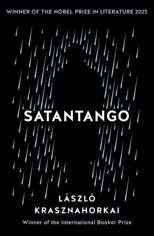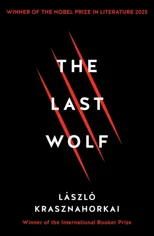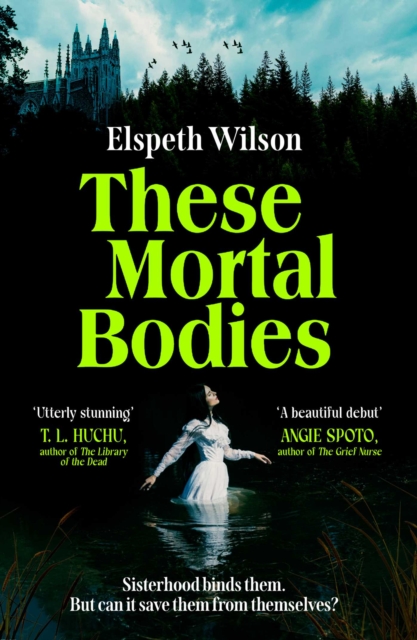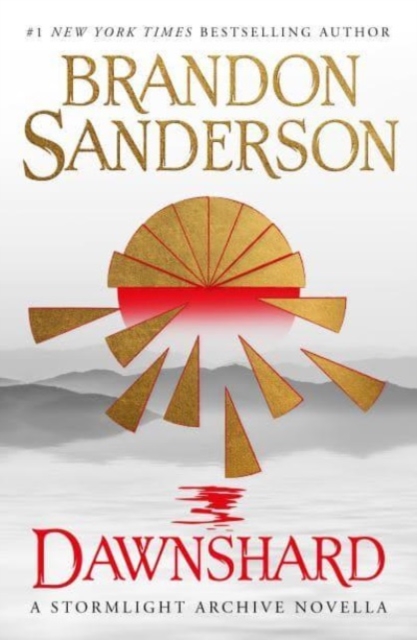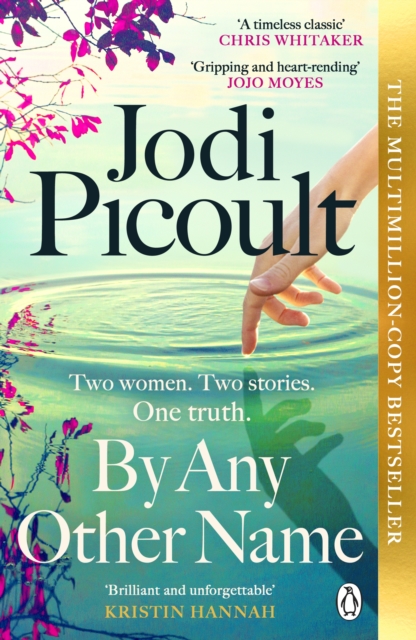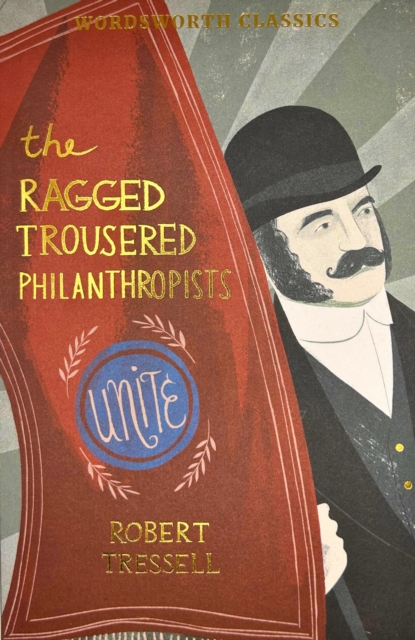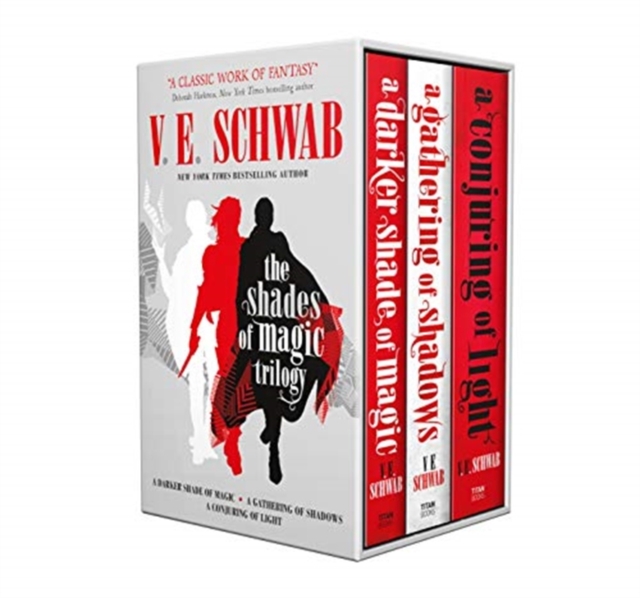War and War
Winner of the Nobel Prize in Literature 2025
(Author) Laszlo KrasznahorkaiWINNER OF THE NOBEL PRIZE IN LITERATURE 2025War & War begins at a point of danger: on a dark train platform Korim is on the verge of being attacked and robbed by thuggish teenagers. From here, we are carried along by the insistent voice of this nervous clerk. Desperate, at times almost mad, but also keenly empathic, Korim has discovered in a small Hungarian town's archives an antique manuscript of startling beauty: it narrates the epic tale of brothers-in-arms struggling to return home from a disastrous war.
Korim is determined to do away with himself, but before he commits suicide, he feels he must escape to New York with the precious manuscript and commit it to eternity by typing it all out onto the world wide web. Following Korim with obsessive realism through the streets of New York (from his landing in a Bowery flophouse to his move far uptown with a mad interpreter), War and War relates his encounters with a fascinating range of people in a world torn between viciousness and mysterious beauty. Following the eight chapters of War & War is a short 'prequel acting as a sequel', 'Isaiah', which brings us to a dark bar, years before in Hungary, where Korim rants against the world and threatens suicide.
Written like nothing else (turning single sentences into chapters), War & War affirms W. G. Sebald's comment that Krasznahorkai's prose far surpasses all the lesser concerns of contemporary writing.
Translated by George Szirtes
Laszlo Krasznahorkai
Laszlo Krasznahorkai is a Hungarian writer known for his intricate and profound prose style. His works often explore themes of existential despair, human suffering, and the futility of existence. Krasznahorkai is best known for his novel "Satantango," which follows the lives of a group of villagers in a small Hungarian town as they navigate poverty, corruption, and decay.
Krasznahorkai's writing is characterized by its long, dense sentences and its dark, philosophical themes. He has been praised for his ability to create a sense of atmosphere and mood in his works, as well as for his innovative narrative structures. Krasznahorkai's impact on literature lies in his unique approach to storytelling and his ability to capture the complexities of the human experience.
